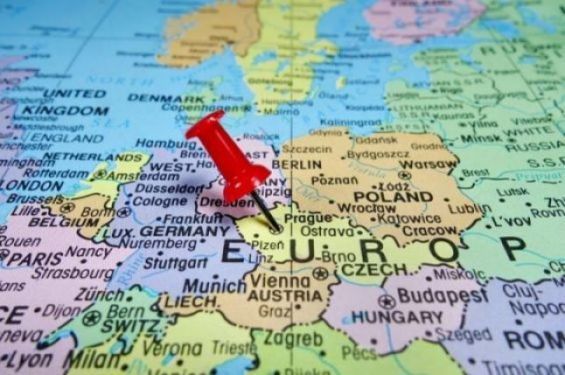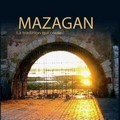The list of countries convinced with Moroccan motivations to secure the flow of goods and people in the Guerguerate border crossing is growing. After Arab, African, Latin American and Caribbean countries, it time to shed light on Central European nations that support Morocco on the Guerguerate crisis.
In Bulgaria, the authorities «welcomed the re-establishment of the flow of goods and people in the region of Guergarate», read a press release from the Bulgarian Ministry of Foreign Affairs.
«Bulgaria is well aware of the importance of restoring civil and commercial traffic in the region (…) the stability of the region is of great importance for the security of the European Union», the statement added.
Bulgaria also reiterated its support for a peaceful, realistic, pragmatic and lasting solution to the regional dispute over the Sahara, under the auspices of the United Nations and based on compromise, the same source added.
This position expressed by the government in Sofia is in line with the policy that this central European country has always adopted regarding the Sahara issue. The territorial dispute was, moreover, at the heart of Nasser Bourita's agenda during his visit, in September 2018, to Bulgaria. A trip marked by his talks with the Prime Minister and the Minister of Foreign Affairs.
The Czech Republic welcomed, on Monday, Morocco's commitment to the 1991 ceasefire agreement under the auspices of the United Nations and called on the Polisario to do the same.
«With other EU countries, we welcome Morocco's commitment to the ceasefire negotiated by the UN in 1991, and we call on the Polisario to do the same», the Czech Foreign Ministry pointed out in a statement.
The Czech Republic is closely monitoring the situation in the region of Guergarate, on the Moroccan-Mauritanian border, the ministry noted.
According to the statement, the Czech Republic «supports the rapid resumption of political dialogue under the auspices of the UN in order to achieve a lasting solution to the Sahara issue, while respecting the principles of international law».
Several political leaders in the Czech Republic support the autonomy plan proposed in 2007 by Morocco for the settlement of the Western Sahara question. A position expressed publicly in 2014 by the president of the Czech-Morocco friendship parliamentary group, Vaclav Zemek, and reiterated in April 2019 in Rabat by the vice-president of the Czech Senate, Jiří Oberfalzer.
For the record, former Foreign Minister Salaheddine Mezouar visited Prague in November 2015 and had talks with his Czech counterpart and the President of the Republic, in office since March 2013.
Hungary has also reacted to the latest developments in the Guerguerate area. The Budapest government reaffirmed «its firm attachment to the peaceful settlement of the situation in the Sahara region, within the framework of UN efforts, as reflected in the policy led by the Kingdom of Morocco».
The Hungarian Foreign Ministry reiterated its «support for the efforts carried out under the exclusive auspices of the United Nations, with a view to reaching a political, realistic, pragmatic and lasting solution to the Sahara issue, based on the notion of compromise». «Hungary wished to underline its sincere recognition for the stabilizing role that Morocco plays throughout the region».
For the record, the Ministry of Foreign Affairs underlined, at the end of May 2020 in a correspondence addressed to the embassy of the Kingdom, that Hungary maintains no link with «SADR». A clarification which came after the publication, a few days earlier, of a book in Hungarian language arguing that Budapest has diplomatic relations with the separatist movement.
Bulgaria, the Czech Republic, Hungary and Morocco are members of the Warsaw Process, launched by the United States on February 14, 2019 in the Polish capital. The representatives of these three states took part, in March 2020, in the Marrakech meeting devoted to the fight against terrorism and the illicit financing of armed groups.





 chargement...
chargement...













